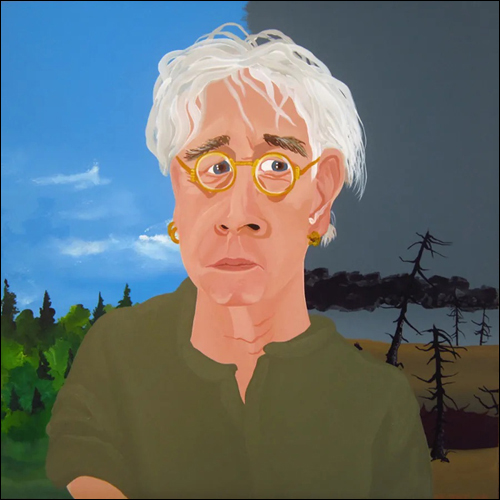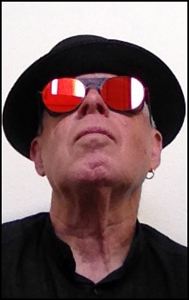9 April 2022 – Interview with Bruce Cockburn about his 50th anniversary tour, with Carolyn Sutherland, Blair Crawford, and Chris White
Other
Message from Bruce
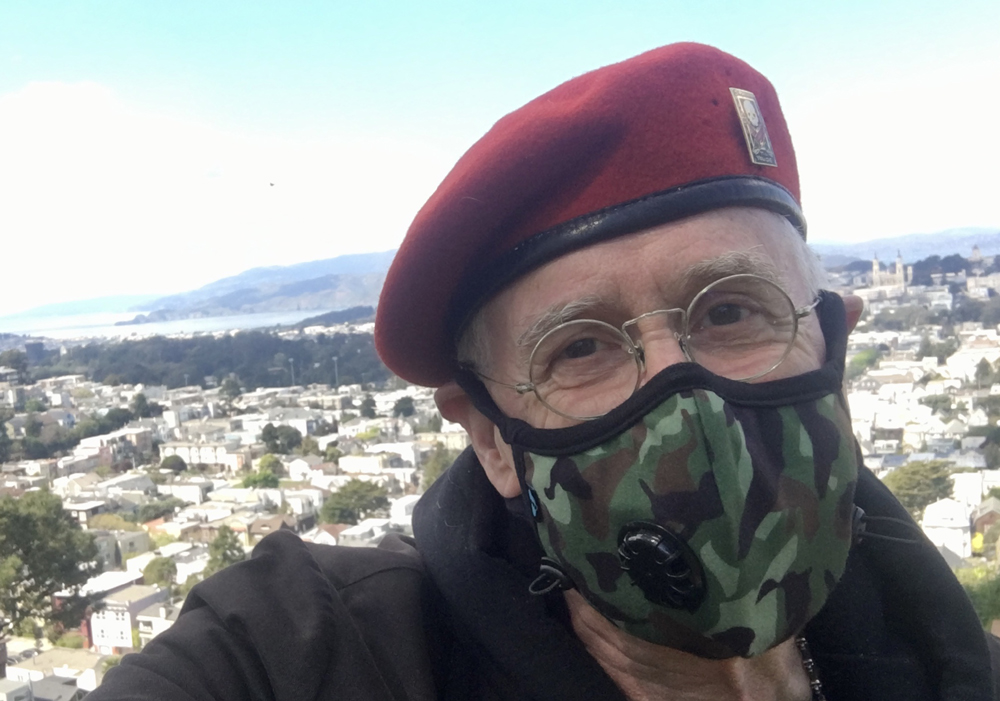
Bruce says he and the family are doing ok.
Crowing Ignites – Review by Folking
by Mike Wistow
BRUCE COCKBURN – Crowing Ignites (True North Records TND 737)
Bruce Cockburn, legendary Canadian artist, released Crowing Ignites on September 20th. This is Cockburn’s 34th album and is made up of eleven new compositions – unusually, all instrumental. In 2005, Cockburn released a previous all-instrumental album, Speechless, which earned him a Canadian folk Music award for Best Instrumentalist. I’ve just re-listened to it – I prefer Crowing Ignites, which tells you how good I think this is.
I approached this review with some trepidation – how do you describe the mountain tops of guitar playing when you’re barely in the foothills? It was pointed out to me that, in comparison to Cockburn’s finger picking style, most of us are in the foothills and I really should just get on with it. Here goes.
The video linked below shows Cockburn playing ‘Bardo Rush’, the opening track off the album. The New York Times has described him as having “the hardest working right thumb in show business”; you can see – more importantly, hear – from the video that, true as that may be, the rest of the digits are pretty hard working as well. On first listen I was wondering if there were two guitars at places; as you can see there’s one and the thumb drives the rhythm over a melody, part picked, part strummed and so smoothly played that you can only watch in awe while the tune pulls your emotions into a slightly uncertain location while the rhythm holds them reassuringly stable.
The album moves on to ‘Easter’, more relaxing, written on Easter Sunday, beginning with a mood of calm joy, bringing you home to an easy place – before it leaps into more energetic musical celebration. ‘April In Memphis’ (written on Martin Luther King Day and named for the day/month and city he was shot) is emotionally similar, but finishes with the haunting hint of chimes we’ll hear later on the album.
The style changes a little for ‘Blind Willie’, guitar and dobro swapping notes on a track named after the gospel blues player Blind Willie Johnson. ‘Seven Daggers’ moves the sound again, this time to a more spiritual feel, not least because of the way the guitar plays against the kalimba. ‘The Mt Lefroy Waltz’ is smooth jazz.
‘Sweetness and Light’ is a jauntily finger-picked tune, while ‘Angels In The Half Light’ which follows it is more emotionally mixed (as you might surmise from the title), that driving thumb again, deep notes, bent in places, and fighting with the higher pitched cheeriness – which never quite wins the tune and thus leaves an uncertain equilibrium. ‘The Groan’ is a return to a more bluesy, hand-clapped style – the title presumably because it was written about the aftermath of a school shooting.
The penultimate ‘Pibroch: The Wind In The Valley’ makes the guitar sound like highland bagpipe – Cockburn is Canadian but there is Scottish heritage and he has said “I’ve always loved pibroch, or classic bagpipe music, it seems to be in my blood. Makes me want to sip whiskey out of a seashell on some rocky headland”. ‘Bells of Gethsemane’ closes the album, more than seven minutes long, holding the attention, some guitar work which touches on Scottish styles, blues styles, echoing lead acoustic and all set against Tibetan symbols, chimes and singing bowls. It works. Give it a listen.
Cockburn has noted of this album: “It’s different from songs with lyrics……with instrumental stuff, that specificity isn’t there and the meaning is up for grabs. But I’m glad if people find a message in the music”. There are complexities in using the medium of words to capture the medium of sound, particularly for an instrumental album where we will each hear it differently so I’ll conclude by simply saying that, for all the different styles I’ve referred to above, this is less an album with eleven tracks and more a piece with different movements.
True North Records TND 737
Credit: Folking.com
Bruce Cockburn honoured on postal stamp
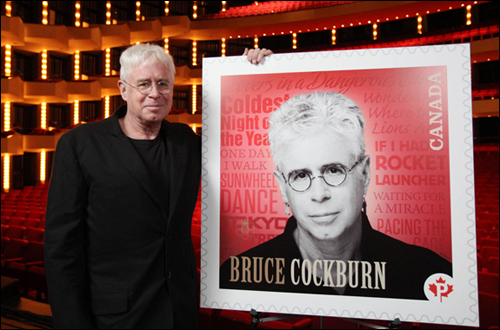
5 May 2011 – Bruce Cockburn poses with his forthcoming stamp, which will be issued June 30. (Canada Post)
Canadians might find Bruce Cockburn in their mailbox this summer, following Canada Post’s announcement of a new stamp featuring the celebrated singer-songwriter.
Canada Post said Thursday that a stamp honouring Cockburn will be issued on June 30 as part of the third installment of its Canadian Recording Artists series.
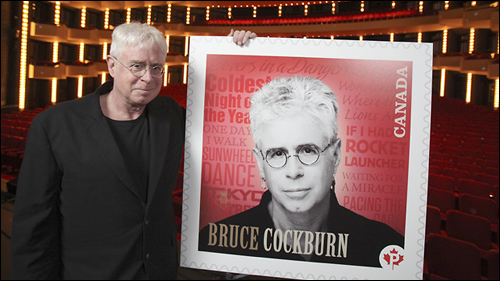
His stamp will join the previously announced stamps of Kate and Anna McGarrigle, Robbie Robertson and Ginette Reno.
The series will be issued June 30.
“This is very exciting,” the Ottawa-born Cockburn said in a statement.
The stamp’s design — a black and white image of him against a red background featuring titles of his hit songs — is “beautiful,” he added.
Over the years, the folk-rock singer and activist has won multiple awards for his music, which includes hits such as The Coldest Night of the Year and If I Had a Rocket Launcher. His original songs have inspired covers by a wide range of artists — from Jimmy Buffett to the Barenaked Ladies.
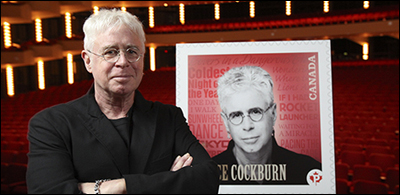
He released his 31st album, Small Source of Comfort, in March and is currently touring the U.S. Cockburn, who is also an officer of the Order of Canada and member of the Canadian Music Hall of Fame, is slated to publish his memoir in April 2012.
Credit: CBC News, via Bernie Finkelstein.
Credits
Thank You!
This is an acknowledgement and a thank you to the people who have donated their time, talent and photographs in the development of this website.
Riley Quarles
Daniel Keebler
Russ Cole
Kim Adams
Gary Craig
Bob Doran
Kim Sallaway
Agnes Patak
Linda Panetta
Ramcey Rodriguez
Al Pettman
LGOntario
Frizzbean
CockburnProject.net
and more to come
Contacts
MANAGEMENT
Bernie Finkelstein
The Finkelstein Management Company
bernie@finkelsteinmanagement.com
Twitter: @BernieFinkelste
Facebook: www.facebook.com/berniefinkelstein1
PRESS
Bernie Finkelstein
bernie@finkelsteinmanagement.com
PRESS KIT
WEBSITE
BOOKING
Canada:
Jack Ross
Paquin Artists Agency
Email: jack@paquinartistsagency.com
Phone: (416) 646-7373
The United States:
Paladin Artists
Seth Rappaport & Steve Martin
Email: SethRappaport@paladinartists.com
For the UK & Europe:
Moneypenny Agency
Nigel Morton
nigel.morton(at)moneypennymusic.co.uk
LABEL
Round Hill Music
FAN PROJECTS
www.cockburnproject.net
www.brucecockburn.org
Home
Splash Test
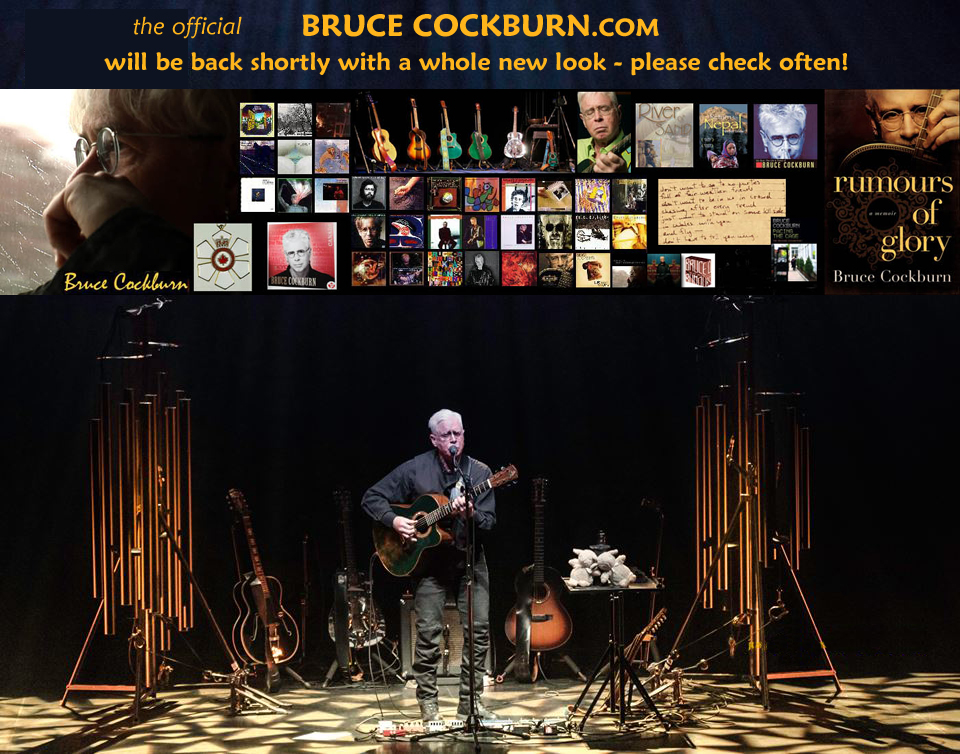
Some helpful links:
Biography
About | At A Glance | Awards | Rumours Of Glory – a memoir | Guitars

Bruce Cockburn – 1969 Biography
To view above bio in standard pdf viewer click here. Thanks to Richard Patterson and Daniel Keebler.
Bruce Cockburn: Kicking at the Darkness
For 40 years, this Canadian musical legend has been capturing in song the essence of human experience – while fiercely striving to make it better.
by Nicholas Jennings
One of Canada’s finest artists, Bruce Cockburn has enjoyed an illustrious career shaped by politics, spirituality, and musical diversity. His remarkable journey has seen him embrace folk, jazz, rock, and worldbeat styles while travelling to such far-flung places as Guatemala, Mali, Mozambique, and Nepal, and writing memorable songs about his ever-expanding world of wonders. “My job,” he explains, “is to try and trap the spirit of things in the scratches of pen on paper and the pulling of notes out of metal.”
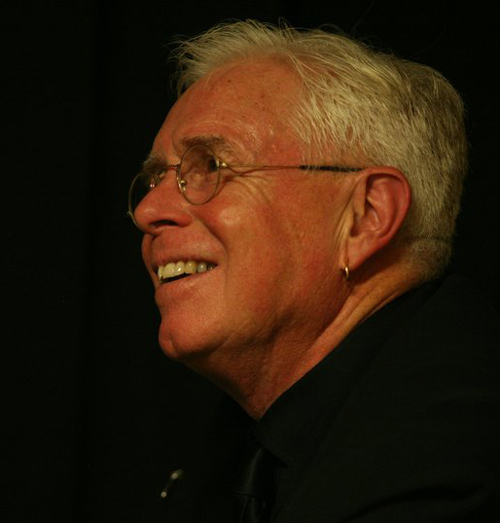
That scratching and pulling has earned Cockburn high praise as an exceptional songwriter and a revered guitarist. His songs of romance, protest, and spiritual discovery are among the best to have emerged from Canada over the last 40 years. His guitar playing, both acoustic and electric, has placed him in the company of the world’s top instrumentalists. And he remains deeply respected for his activism on issues from native rights and land mines to the environment and Third World debt, working for organizations such as Oxfam, Amnesty International, Doctors Without Borders, and Friends of the Earth.
Throughout his career, Cockburn has deftly captured the joy, pain, fear, and faith of human experience in song. Whether singing about retreating to the country or going up against chaos, tackling imperialist lies or embracing ecclesiastical truths, he has always expressed a tough yet hopeful stance: to kick at the darkness till it bleeds daylight. “We can’t settle for things as they are,” he once warned. “If you don’t tackle the problems, they’re going to get worse.”
For his many achievements, the Ottawa-born artist has been honoured with 12 Juno Awards, an induction into the Canadian Music Hall of Fame, and a Governor General’s Performing Arts Award, and has been made an Officer of the Order of Canada. But he never rests on his laurels. “I’d rather think about what I’m going to do next,” says Cockburn. “My models for graceful aging are guys like John Lee Hooker and Mississippi John Hurt, who never stop working till they drop, as I fully expect to be doing, and just getting better as musicians and as human beings.”
His commitment to growth has made Bruce Cockburn both an exemplary citizen and a legendary artist whose prized songbook will be celebrated for many years to come.
Music journalist and historian Nicholas Jennings is the author of the national best-seller Before the Gold Rush: Flashbacks to the Dawn of the Canadian Sound.
Bruce Cockburn – Bone on Bone – 2017
Few recording artists are as creative and prolific as Bruce Cockburn. Since his self-titled debut in 1970, the Canadian singer-songwriter has issued a steady stream of acclaimed albums every couple of years. But that output suddenly ran dry in 2011 following the release of Small Source of Comfort. There were good reasons for the drought. For one thing, Cockburn became a father again with the birth of his daughter Iona. Then there was the publication of his 2014 memoir Rumours of Glory.
“I didn’t write any songs until after the book was published because all my creative energy had gone into three years of writing it,” Cockburn explains, from his home in San Francisco. “There was simply nothing left to write songs with. As soon as the book was put to bed, I started asking myself whether I was ever going to be a songwriter again.”
Such doubt was new to the man who’s rarely been at a loss for words as he’s distilled political views, spiritual revelations and personal experiences into some of popular music’s most compelling songs. What spurred Cockburn back into songwriting was an invitation to contribute a song to a documentary film about the late, seminal Canadian poet Al Purdy and he was off to the races.
Bone On Bone, Cockburn’s 33rd album, arrives with 11 new songs, including “3 Al Purdys,” a brilliant, six-minute epic that pays tribute to Purdy’s poetry. Cockburn explains its genesis: “I went out and got Purdy’s collected works, which is an incredible book. Then I had this vision of a homeless guy who is obsessed with Purdy’s poetry, and he’s ranting it on the street. The song is written in the voice of that character. The chorus goes, ‘I’ll give you three Al Purdys for a twenty dollar bill.’ Here’s this grey-haired dude, coat tails flapping in the wind, being mistaken for the sort of addled ranters you run into on the street—except he’s not really ranting, he’s reciting Al Purdy. The spoken word parts of the track are excerpts from Purdy’s poems. After that, once the ice was broken, the songs just started coming.”
Cockburn’s rugged fingerpicking style on the Dobro perfectly matches Purdy’s plainspoken words and the grizzled voice of his street character. A similar guitar style can be heard on two of the next songs Cockburn wrote, the gospel-like “Jesus Train,” and “Café Society,” a bluesy number about people who gather at his local coffee shop to sip their java and talk about the state of the world.
There’s a prevalent urgency and anxious tone to much of the album, which Cockburn attributes to living in America during the Trump era. But, more than anything, Bone on Bone amounts to the deepest expression of Cockburn’s spiritual concerns to date. The 12-time Juno winner and Canadian Music Hall of Fame inductee turned away from traditional Christianity in the mid-1970s toward a quest for the more all-inclusive mysticism he documents in his memoir. And it’s that kind of spirituality that figures prominently in “Jesus Train” and “Twelve Gates to the City.” In “Looking and Waiting,” Cockburn sings of “scanning the skies for a beacon” from the divine.
“It’s a song of faith and frustration,” says Cockburn of the latter. “…Tired of looking in from the outside. My MO has always been to be aware of the divine…that dimension…always dealing with being stuck in a kind of observer’s position with respect to all that. I know it’s there. I don’t really see as faith so much as knowledge. Others may have different ideas about those things, but for me, I don’t have to struggle to believe in God, or the notion that God cares what happens to me. But I do have to struggle with being in a conscious, intentional relationship. That underlies a lot of these songs.”
“Forty Years in the Wilderness” ranks alongside “Pacing the Cage” or “All the Diamonds” as one of Cockburn’s most starkly beautiful folk songs. “There have been so many times in my life when an invitation has come from somewhere…the cosmos…the divine…to step out of the familiar into something new. I’ve found it’s best to listen for, and follow these promptings. The song is really about that. You can stay with what you know or you can pack your bag and go where you’re called, even if it seems weird…even if you can’t see why or where you’ll end up.”
“Forty Years in the Wilderness” is one of several songs that feature a number of singers from the church Cockburn frequents, for the sake of convenience referred to in the album credits as the San Francisco Lighthouse “Chorus.” “The music was one of the enticements that drew me to SF Lighthouse. As I found myself becoming one of the regulars there, and got to know the people, I felt that I really wanted all these great singers, who were now becoming friends, to be on the album. They were kind enough to say yes!” Among other songs, they contribute call-and-response vocals to the stirring “Stab at Matter.” Other guests on the album include singer-songwriters Ruby Amanfu, Mary Gauthier, and Brandon Robert Young, along with bassist Roberto Occhipinti, and Julie Wolf, who plays accordion on “3 Al Purdys” and sings with the folks from Lighthouse, together with LA songwriter Tamara Silvera.
Produced by Colin Linden, Cockburn’s longtime collaborator, the album is built around the musicianship of Cockburn on guitar and the core accompaniment of bassist John Dymond and drummer Gary Craig. Also very much part of the sound is the accordion playing of Cockburn’s nephew John Aaron Cockburn and the solos of noted fluegelhorn player Ron Miles (check out his stunning work on the cascading “Mon Chemin,” for example).
Two other songs should be noted. The environmental warning “False River” came about at the invitation of Yvonne Bloomer, the poet laureate of Victoria, British Columbia. Bloomer was seeking a poem about the controversial Kinder Morgan Trans Mountain Pipeline. “Pipelines have their own perils that we’re all aware of,” says Cockburn, “so I started writing what was meant to be a spoken-word piece with a rhythm to it. But it evolved very quickly into a song.”
“States I’m In,” which opens the album, conjures up feelings of mystery and dread. “It’s literally a ‘dark night of the soul’ kind of song,” Cockburn explains, “as it starts with sunset and ends with dawn. It passes through the night. The song is about illusion and self-delusion, looking at the tricks you play on yourself.” He adds: “Maybe it’s also a play on words about me living in the States.”
Cockburn, who won the inaugural People’s Voice Award at the Folk Alliance International conference in February and will be inducted into the Canadian Songwriters Hall of Fame in September, continues to find inspiration in the world around him and channel those ideas into songs. “My job is to try and trap the spirits of things in the scratches of pen on paper and the pulling of notes out of metal,” he once noted. More than forty years after embarking on his singer-songwriting career, Cockburn keeps kicking at the darkness so that it might bleed daylight. ~ Nicholas Jennings, Bernie Finkelstein & Bruce Cockburn
About

At A Glance | Awards | Biography | Rumours Of Glory – a memoir | Guitars | Press Kit

AT A GLANCE: Includes listings of Bruce’s career highlights
List of Awards and Presentations
Discography/Sales Highlights
Performance/Touring Highlights
Humanitarian/Activism Highlights
Special Film – Television and Radio Credits – Highlights
Civic Awards and Cultural Honours
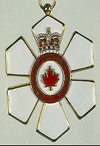
AWARDS: Photos and details for some of the Civic Awards and Cultural Honours that Bruce has received.

BIOGRAPHY: Photos and biography.

RUMOURS OF GLORY – a memoir : The long awaited 526 page chronicle of faith, fear, and activism, and a lively cultural, political, and musical tour through the past five decades.
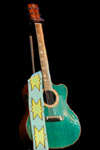
GUITARS: Photos of many of Bruce’s guitars.
Press Kits – Use download links below
Bruce Cockburn Press Kit – 2017 (Bone On Bone)
Bruce Cockburn Canada Press Kit – 2013
Bruce Cockburn Press Kit – 2009








